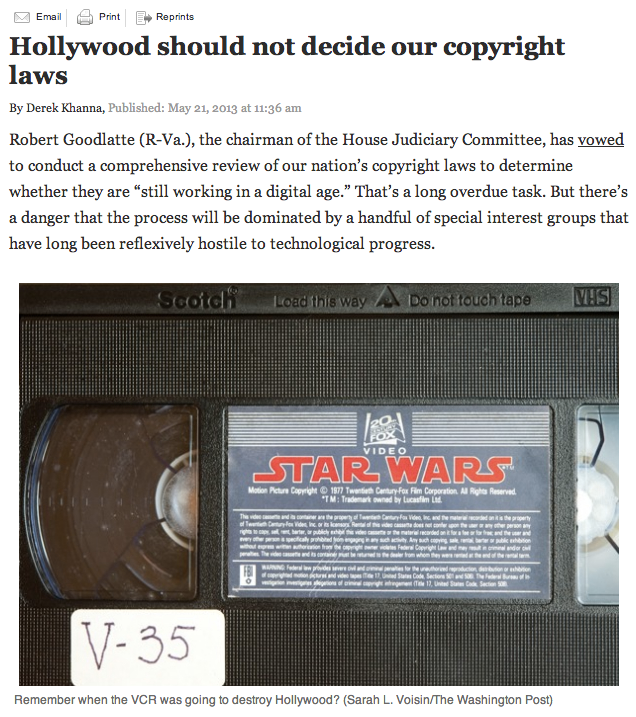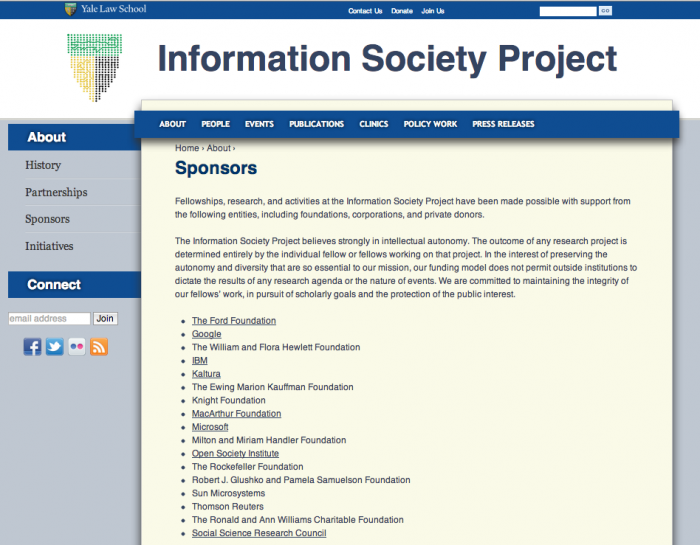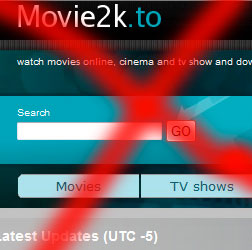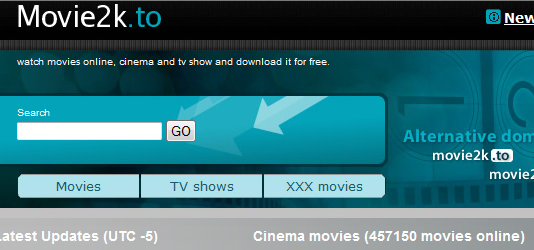 Derek Khanna first came to public notice in 2012 after writing a lopsided anti-copyright “policy brief” for Republican Study Committee called “Three Myths About Copyright Law and Where to Start to Fix It.” A day after the document was released it was withdrawn and Khanna lost his job at the end of the 112th Congress. He blamed wealthy donors in the “entertainment industry” for his dismissal and quickly became a martyr for the anti-copyright cause. He ended up at as Yale Law Fellow with the Information Society Project.
Derek Khanna first came to public notice in 2012 after writing a lopsided anti-copyright “policy brief” for Republican Study Committee called “Three Myths About Copyright Law and Where to Start to Fix It.” A day after the document was released it was withdrawn and Khanna lost his job at the end of the 112th Congress. He blamed wealthy donors in the “entertainment industry” for his dismissal and quickly became a martyr for the anti-copyright cause. He ended up at as Yale Law Fellow with the Information Society Project.
Unfortunately, like many of those in the legal field who are working to undermine creator’s rights, Mr. Khanna speaks from a decidedly one-sided perspective in penning a piece for today’s Washington Post that ominously warns that “Hollywood should not decide our copyright laws.” Aside from selecting a splashy but lazy (and inaccurate) headline for his piece, he conveniently ignored the (Tech) elephant in the room when he wrote, ” Last year’s defeat of the Stop Online Piracy Act (SOPA) caused industry groups to intensify their lobbying efforts. And they haven’t been subtle about it.” Sure, television and motion picture interests have increased their presence in Washington, but then so has “Big Tech.”
May I remind you that the reality of the anti-SOPA uprising was in large part a result of a deliberate (and well-funded) astro-turf campaign managed by the big guns of tech (Google, et al) to gin up the public. How hard is it to get the internet in a spin when you’re in control of its major gateways? Certainly there was room for open discussion about the Stop Online Piracy Act and possible revisions to improve it, but the option for an open debate was quickly overwhelmed by an online avalanche of protest. Never mind that the majority of those who Tweeted or posted condemnations on Facebook hadn’t actually read the bill. For them all that was required was a mendacious meme that SOPA would “break the internet” and do away with “free speech” online.
 It’s also worth noting that Mr. Khanna’s current employer (the Yale Law Information Society Project) receives some of its funding from Google–a company not exactly known for its love of present copyright law.
It’s also worth noting that Mr. Khanna’s current employer (the Yale Law Information Society Project) receives some of its funding from Google–a company not exactly known for its love of present copyright law.
I do agree with one thing Khanna wrote in his post piece:
So in its deliberations, Goodlatte’s committee should ensure that Hollywood isn’t the only voice at the table. Both content creators and innovators desperately want to see copyright reform.
However, after that non-controversial statement it all goes downhill, quickly as Mr. Khanna gives readers a list of examples that, to him, demonstrate why copyright law is bad for creators and industry innovators alike. Why’s that a problem? Well, it’s a problem because, as is often the case with the copy-left, he doesn’t see fit to talk to tell the full story as to how crucial copyright protection is for those whose livelihoods depend on content creation. Khanna lists Hank Shocklee of Public Enemy, as an example of an artist constrained by current copyright law, but fails to mention that while Shocklee is a musician, he’s known for work often derived from sampling the work of others. His situation is not exactly representative of all artists, musical or otherwise, who have a stake in this debate.
Why not talk to some 45% of professional musicians who are no longer working in large part because our current copyright law is flouted by today’s digital pirate profiteers? Why not make mention of the independent filmmakers whose innovations are routinely stolen and monetized by bootleggers and online thieves?
Mr. Khanna also drones on in typical fashion about the DMCA. Yes, it’s an outdated law, but not for the reason he states. It’s outdated because it’s unworkable for creators, small and large, because its “safe harbor” provisions make protecting one’s content from pirate profiteers nearly impossible. He closes his piece by saying:
We can craft a system of copyright that compensates rights holders and incentivizes innovation for start-ups and new artists. It is not an either or proposition. But we’ll only get a balanced copyright system if Congress hears from a broad range of voices. It can’t just be special interests controlling the debate, writing the amendments in backrooms, and writing big checks to members of Congress.
True enough, BUT please remember that artists ARE innovators and that the tech industry represents a big “special interest.” Next time hearings are held in Washington let’s hope that a diversity of creator’s voices is heard rather than a panel of legal theorists–and if he writes about copyright reform again, perhaps Mr. Khanna would be wise take the same “balanced” approach he’s suggesting for members of Congress.
This post was originally published on voxindie.org.
 Notorious Pirate site Movie2k.to is gone…at least for now
Notorious Pirate site Movie2k.to is gone…at least for now







